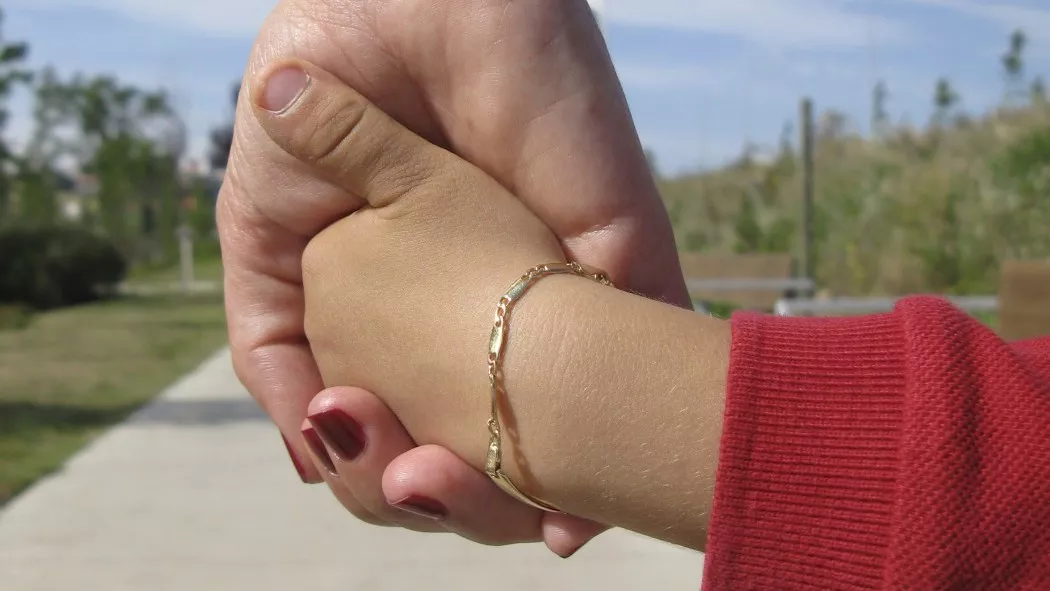Nothing puts a damper on summer fun like an unexpected trip to the doctor or emergency room. But with a little bit of planning and making yourself aware of issues that can creep up as temperatures rise, you’ll help ensure a safe and healthy summer for you and your family.
Whether you’re at home or on the go, having a summer safety kit handy can help you be prepared for unexpected emergencies.
What’s something to always have on hand? Water! One of the most common conditions kids experience in the summer is heat illness.
If your child is experiencing any of these symptoms of heat exhaustion, you should get immediate medical care:
- Severe thirst
- Nausea
- Fast and shallow breathing
- Headache
- Cool, clammy skin
You can prevent heat exhaustion by being proactive about making sure your child stays hydrated. Have them drink cool water or sports drinks early and often. If they’re going out to play or to a sports practice, make sure they’re fully hydrated before leaving and then make sure they take regular breaks to drink—even if they aren’t thirsty.
READ MORE: Summer travel tips: See your doctor and plan ahead
Besides refillable water bottles, what else should your kit include?
- Hand sanitizer to clean your hands before providing first-aid
- Antiseptic wipes to clean scrapes and cut
- Cotton balls, plus multi-sized band-aids, gauze and adhesive tape
- Antibacterial cream, like Neosporin, to prevent infection
- Bug repellant containing DEET or picaridin to prevent bites
- Tweezers for splinters and removing ticks
- Plastic gloves for removing a tick or handling poison ivy
- Small plastic bag for keeping a tick removed for identification
- Hydrocortisone cream for rashes and bug bites
- Instant ice packs for inflammation
- Saline solution to clean out eyes
- Sunscreen and lip balm with an SPF of at least 30 to prevent burns
- Aloe Vera gel to soothe sunburn
- Small doses of over-the-counter medications—children’s versions when appropriate—such as Tylenol, Benadryl, Pepto-Bismol and Dramamine, or their generic equivalents.
- Thermometer
- Healthy snack items to refuel your kids on the go, including non-perishable items like trail mix, nuts or granola bars. Fresh fruits like apples, oranges or grapes are great options, too, but since they’re perishable they should be added to your kit the day you’ll use them.
- Cell phone to use if needed, preprogrammed with doctor contact and health insurance information; also handy to take photos of a plant you may suspect of being poison ivy or an unusual insect or snake that bites a member of your family.
You should also consider the items that are specific to your family needs such as baby wipes, allergy and asthma medications, or an Epi-Pen.
Keep your kit stored somewhere convenient but always out of the reach of young children. When you’re toting your on-the-go kit, make sure to keep it out of direct sunlight to avoid overheating the medications inside.
Finally, be aware of any heat or air quality advisories and adjust your outdoor plans accordingly. If your child must be outside during a heat advisory, you should be extra vigilant. Also, if you plan to swim in a local river or the Bay, don’t do so within 48 hours of a heavy rain (1/2 inch or more) and check to see if there are additional water-quality advisories for that body of water.
Author

Michelle Skinner, DO, is a family medicine physician at Anne Arundel Medical Center’s Waugh Chapel Pavilion. You can reach her office at 410-721-1507.
Originally published May 29, 2015. Last updated June 10, 2019.





